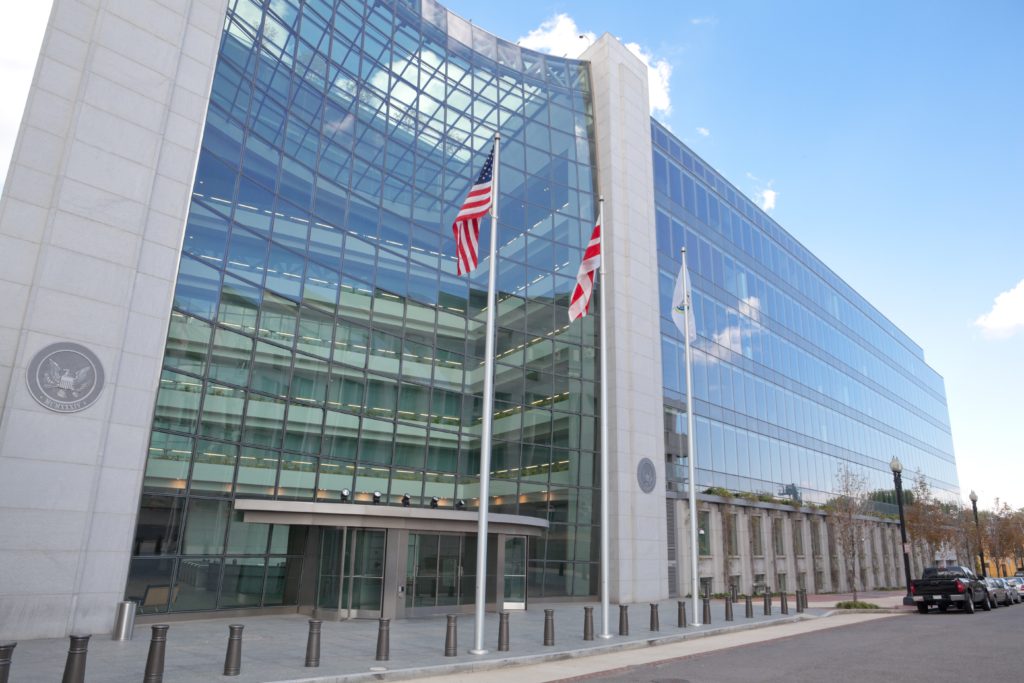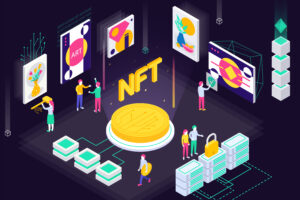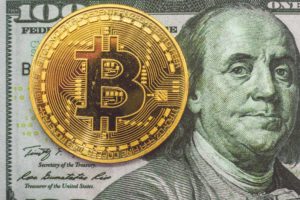
Bitcoin value has tanked again to less than $10,000 after the Securities and Exchange Commission (SEC) involvement on Wednesday. The latest market scare to rock the crypto world saw over $1,000 shaved off its price almost instantly, amid fears of greater regulation.
In a statement on Wednesday, the SEC declared that any online platform considered a security that trades in digital assets, must register with the agency.
In a reinforcement to their previous statements, the SEC is trying to separate what they consider to be securities from non-securities. They have yet to name any companies, but that has not stopped FUD from gripping the market. Curiously, Bitcoin is probably the least likely of all cryptos to be deemed a security, but that has not stopped the dive in Bitcoin value.
Fear of Regulation
This involvement by the SEC serves to fan the flames of fear that engulf the crypto community about regulation making trading more difficult. Regulation is such a key issue in cryptocurrency that it reduced Bitcoin value by 10 percent almost immediately after the statement was released.
According to the SEC public statement yesterday, March 7th, “If a platform offers trading of digital assets that are securities and operates as an “exchange,” as defined by the federal securities laws, then the platform must register with the SEC as a national securities exchange or be exempt from registration.”
Moreover, they say that, “The SEC staff has concerns that many online trading platforms appear to investors as SEC-registered and regulated marketplaces when they are not. Many platforms refer to themselves as “exchanges,” which can give the misimpression to investors that they are regulated or meet the regulatory standards of a national securities exchange.”
This latest SEC statement comes just a few weeks after the issuing of subpoenas and the SEC’s promises to investigate more ICOs. They want to gain some control over platforms that are trading and exchanging in digital currency. While the SEC is still trying to make a clear distinction between securities and non-securities, since no company has been named yet, the whole community is fearful.
Bitcoin Value Should Recover
Bitcoin value should recover once the extent of SEC involvement is known. For example, it’s much more likely that the crackdown will be focused on altcoins, rather than Bitcoin. (Just in case you need a catch up, “altcoins” refer to any other digital currency that isn’t Bitcoin, since they are cryptocurrencies that were derived as an alternative to the original).
One of the most uncertain and complicated issues is that of whether securities laws really apply to cryptocurrency. In such an uncharted territory, it’s difficult for even so called industry experts and attorneys to provide a solid answer.
Currently, the “Howey Test” is used to determine whether or not an asset is a security. The ruling states that a security involves monetary investment in a common enterprise, with the investors expecting profits at a later date.
Does that sound familiar to you?
















Wow, marvelous blog layout! How long have you been blogging for?
you make blogging look easy. The overall look of your website is wonderful, as
well as the content!
You are so interesting! I don’t suppose I’ve read a single thing like that before.
So nice to discover another person with genuine thoughts on this subject matter.
Seriously.. thank you for starting this up. This web site is something that is required on the internet, someone with a
little originality!
An outstanding share! I have just forwarded this onto a friend who has been conducting a little research on this.
And he actually ordered me breakfast because I stumbled upon it for him…
lol. So let me reword this…. Thank YOU for the meal!!
But yeah, thanks for spending time to discuss this matter here on your website.
I think the admin of this website is really
working hard in favor of his site, for the reason that here
every information is quality based information.
My partner and I stumbled over here coming
from a different web address and thought I might as well check
things out. I like what I see so now i am following you.
Look forward to looking into your web page again.
viagra offices buybuyviamen.com comprar 1 comprimido viagra